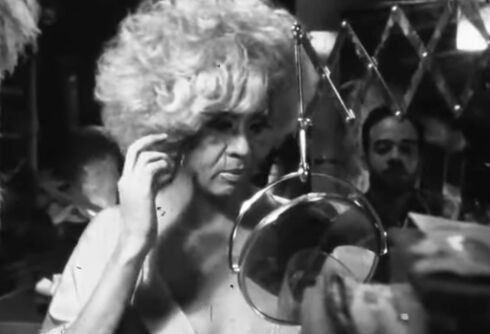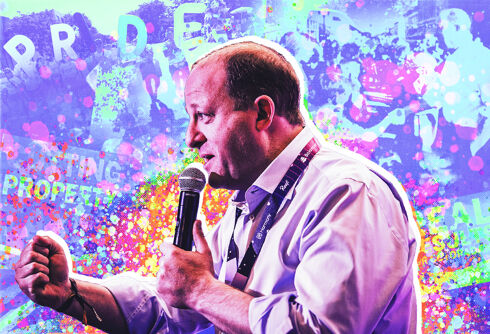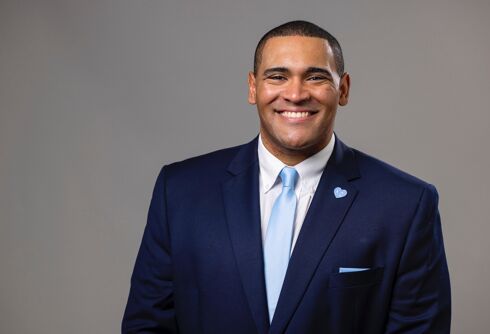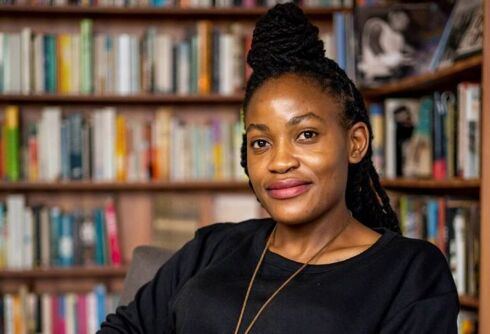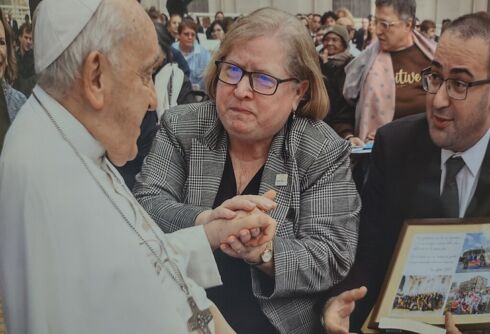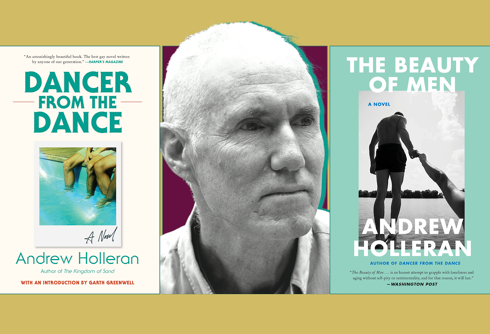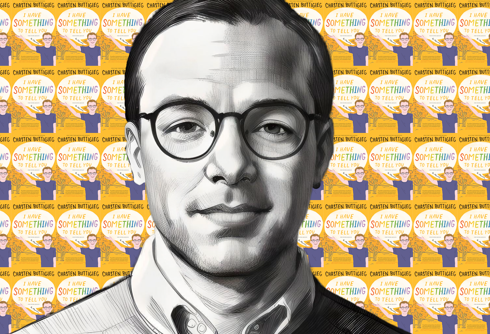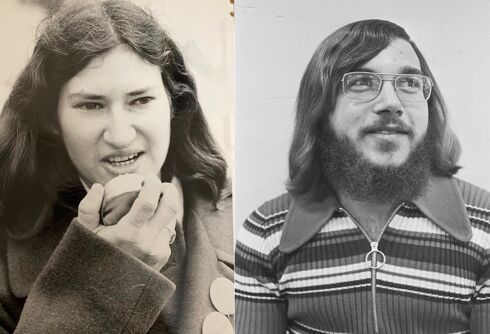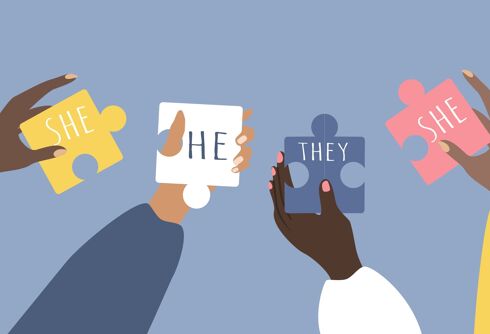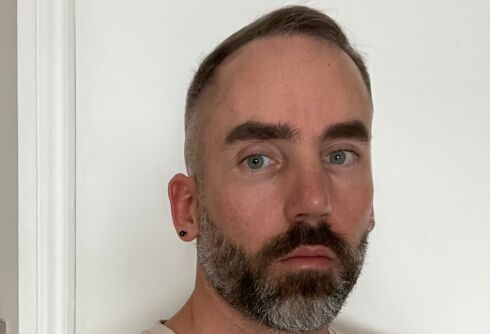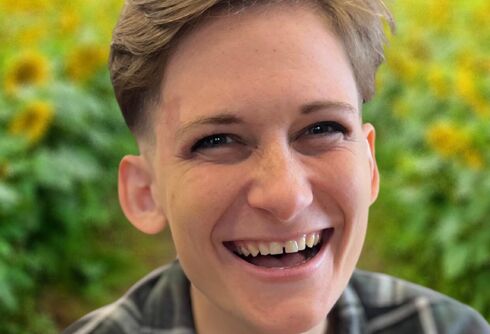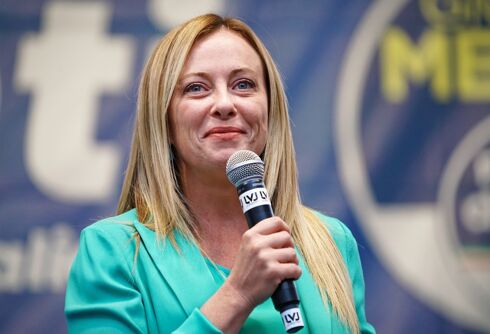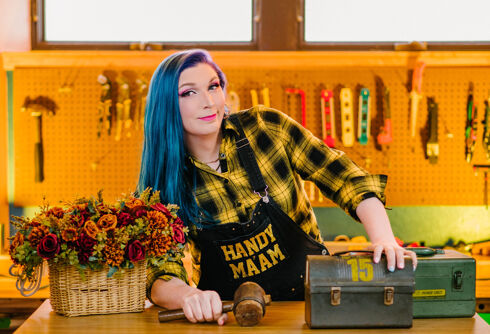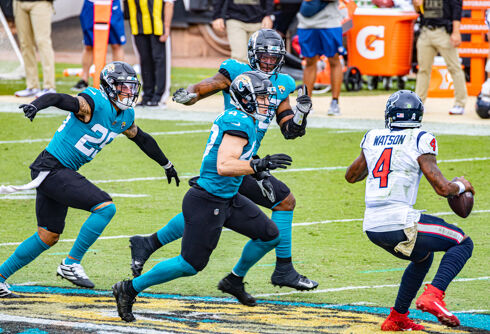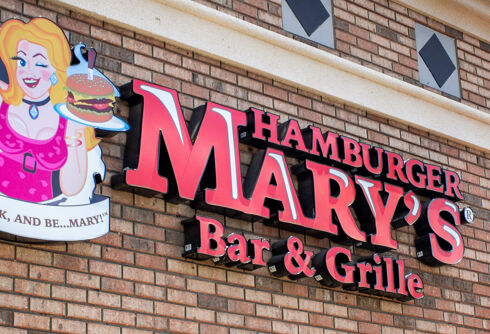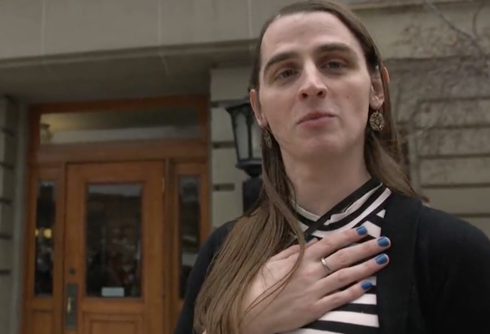As the cost of using sperm banks continues to rise, an increasing number of people are turning to Facebook groups to find their own donors without the middleman.
A report from Business Insider tells the story of Angela and her wife, who spent $10,000 on ten vials of sperm from a sperm bank and still were not pregnant. They turned to a Facebook group called Sperm Donation USA. There, they met Kyle Gordy, whose donations had already resulted in the birth of 70 children. They met him in a parking lot, and he gave them a free cup of semen. The couple now has a two-year-old son.
Related:
A movement to ban anonymous sperm donation has queer parents worried for their parental rights
Many fear that legally declaring the importance of genetics could lead to dangerous outcomes.
Kristina Graham and her wife had a similar experience, except they never even tried to go through a sperm bank. The lowest price they could find for a vial of sperm was $500, and the couple began to wonder if there were people out there willing to donate for free.
Never Miss a Beat
Subscribe to our newsletter to stay ahead of the latest LGBTQ+ political news and insights.
While Graham has not yet gotten pregnant, she has worked with two free sperm donors, one of whom regularly visits her when she’s ovulating to provide semen (which she then artificially inseminates using an at-home kit).
One challenge with the Facebook method is navigating legal issues of custody and parental rights. Insider said some parents and donors do sign contracts to outline that the donor does not have any rights to the child and also that the parents will not seek child support. Many states, however, do not enforce such contracts.
But for couples who can’t afford to become parents any other way, it’s worth it.
“This is it, for some people. It’s the only way they’re going to have kids,” said Sean Tipton, chief advocacy, policy, and development officer at the American Society for Reproductive Medicine. “You have to balance safety, autonomy, and availability; it’s a big complex picture.”
But what about the donors? Why is it worth it for them to not only donate for free but to do it in a way that does not necessarily fully protect them legally?
Some reportedly just want to help people, while others feel compelled to pass on their genes. One donor, Tyree Kelly, said he wanted to make up for being a “bad adolescent.”
Of course, not all potential donors in these groups are acting in good faith, and those searching for semen also have to endure communication from creepy men.
But as LGBTQ+ parenthood becomes increasingly common (and expensive), couples have been forced to find a myriad of creative ways to build their families. Services like IVF, surrogacy, and adoption can cost hundreds of thousands of dollars, and insurance companies often deny coverage to LGBTQ+ couples due to stringent definitions of what qualifies as infertility.
Some couples have turned to crowdfunding platforms like GoFundMe to ask their communities for help.
Recently, the American Society for Reproductive Medicine (ASRM) Practice Committee has announced they are updating the definition of “infertility” to be more inclusive.
The new definition will include single people and same-sex couples. It will consist of anyone needing medical interventions “in order to achieve a successful pregnancy either as an individual or with a partner.”
“We made it explicit that lack of access to the kind of gametes you need is a condition deserving of treatment,” Sean Tipton, ASRM’s chief advocacy and policy officer, told CNN.
He added, “It is our hope that this definition removes one of the excuses that insurance companies have attempted to use to deny patients coverage for the medical care they need to have children.”





































